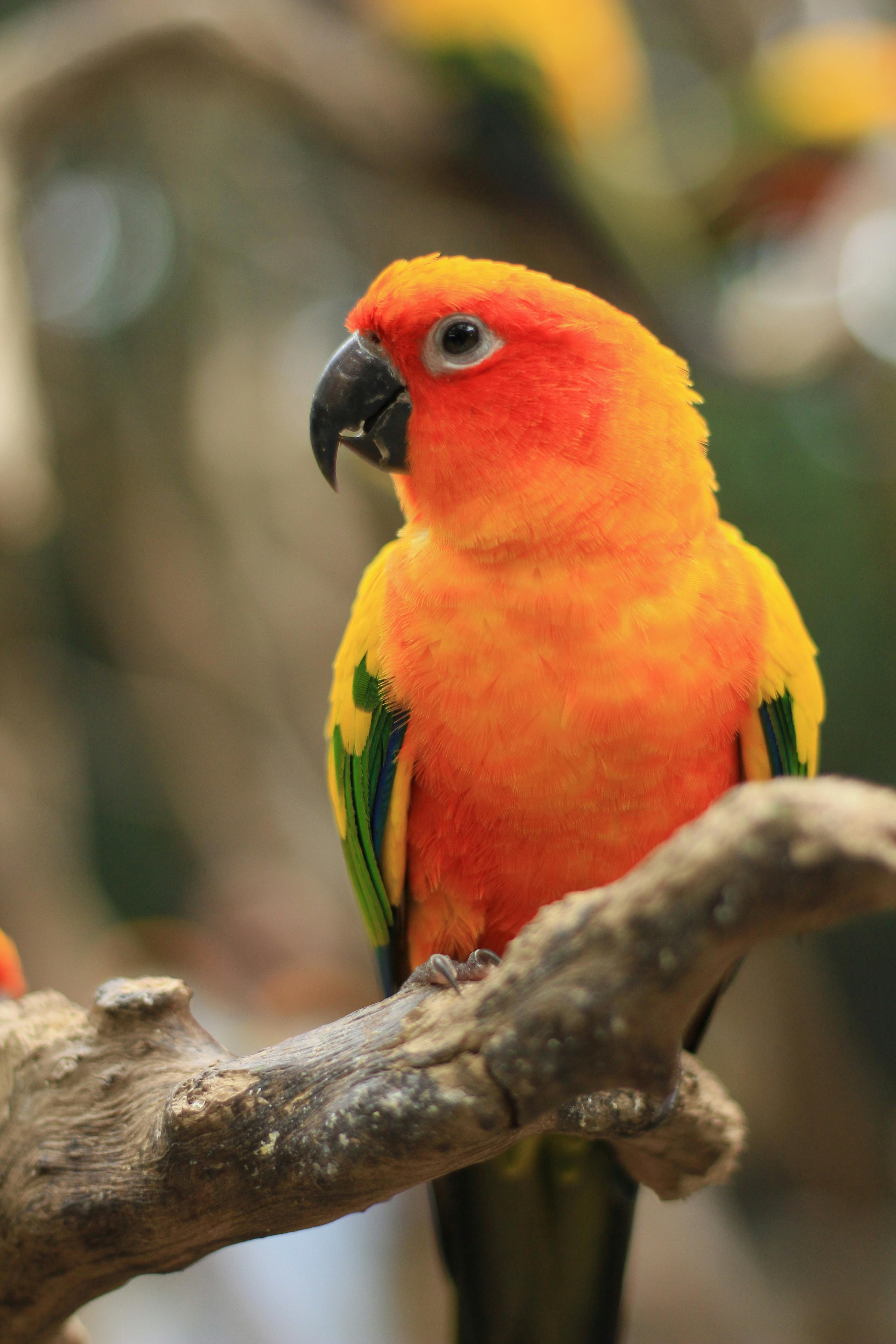
Apply Now


Smart Ways to Use Detritus Worms in Your Aquarium for Improved Health
Detritus worms are integral components of many aquariums, contributing significantly to a healthy and balanced aquarium ecosystem. These tiny creatures, which thrive in both freshwater and marine environments, play essential roles in waste decomposition and nutrient cycling. By integrating detritus worms into your fish tank, you can enhance water quality and improve fish health. Incorporating detritus worms as a natural solution for live substrate cleaning provides several benefits. Not only do they help to manage organic waste, but they also facilitate natural filtration, ensuring a cleaner and more stable habitat for aquatic life. This article will delve into techniques for utilizing detritus worms effectively, explore their ecological roles, and offer insights into their care and management. Key takeaways include understanding the types of detritus worms suited for aquariums, their feeding habits, the importance of maintaining water quality parameters, and how they contribute to an aquarium's overall health.Effective Methods for Integrating Detritus Worms into Your Fish Tank
Building on the fundamentals of tank maintenance, integrating detritus worms involves understanding their biological needs and optimal care practices.Choosing the Right Worm Species for Your Aquarium
Different worm species serve unique purposes in aquarium setups. Freshwater worms like tubifex and blackworms thrive in softer substrates and are known for their voracious appetite for organic matter. Marine worms, such as bristle worms, excel in breaking down detritus in saltwater environments. Selecting species that complement your tank's existing flora and fauna is crucial for maintaining harmony. When choosing a worm species, consider the tank's compatibility with current fish inhabitants. Some tropical fish may show aggression toward worms, while others benefit from their presence as part of a natural ecosystem. Researching worm species and their environmental preferences will ensure they flourish while improving your aquarium's health.Creating a Favorable Substrate Environment
A well-structured substrate is key for promoting worm activity. Detritus worms prefer a mix of sand and fine gravel, which allows for easy movement and access to organic waste. Layers of organic matter can attract these worms, encouraging their growth and helping with waste processing. Regularly check the substrate composition and avoid compacting it too much, as this can create anaerobic environments detrimental to worm health. Maintaining an enriched substrate not only supports worm populations but also enhances the overall health of beneficial bacteria essential for biological filtration.Monitoring and Maintaining Water Quality
Water quality is a critical aspect of successful detritus worm care. Establish the right water chemistry, including pH, ammonia, nitrites, and nitrates, to ensure a thriving environment for both worms and fish. Routine water changes and filtration can help maintain a stable ecosystem, promoting the health of all tank inhabitants. Utilize test kits to regularly monitor these parameters and adapt care routines as required. Optimal water quality indicators include stable temperatures and clear, oxygen-rich water. By prioritizing the health of the aquarium environment, you'll provide optimal conditions for effective waste management and nutrient cycling.Enhancing Your Aquarium's Biological Filtration with Worms
With the basics established, let’s explore the advanced roles of detritus worms in biological filtration systems and their ecological contributions.Understanding Worm Behavior and Feeding Habits
Detritus worms exhibit fascinating behaviors, particularly concerning their feeding patterns. As detritivores, their natural diet consists primarily of decomposing plant matter and organic waste materials found in the aquarium substrate. This feeding behavior plays an essential role in controlling sludge build-up and promoting substrate health. Regular worm feeding is necessary to prevent overcrowding and resource depletion. You can supplement their diet with small amounts of fish food, organic matter, or specialized worm food to ensure they receive a balanced diet that supports reproduction and growth.Engaging Worms in Nutrient Cycling and Waste Management
The presence of detritus worms in aquariums significantly contributes to nutrient cycling, which ensures the efficient breakdown of organic materials. This process aids in waste removal, improving overall water quality and significantly reducing the need for mechanical filtration. By facilitating waste decomposition, detritus worms create a more sustainable aquarium environment, benefiting not only the worms themselves but also fish and other aquatic life. The harmonious interaction among different species in the bioactive substrate fosters a thriving community, highlighting the importance of maintaining a healthy balance.Implementing Effective Tank Maintenance Strategies
Integrating detritus worms into your tank setup requires a proactive approach to maintenance. Regular cleaning routines that include vacuuming the substrate should be balanced with allowing some detritus accumulation to provide worms with necessary resources. Pay attention to tank residents and adjust the worm population as needed. Overcrowding can lead to health problems for both fish and worms, while too few worms can impede the natural cleaning processes. A solid understanding of the aquarium's dynamics will help streamline maintenance and ensure optimal conditions for all inhabitants.
